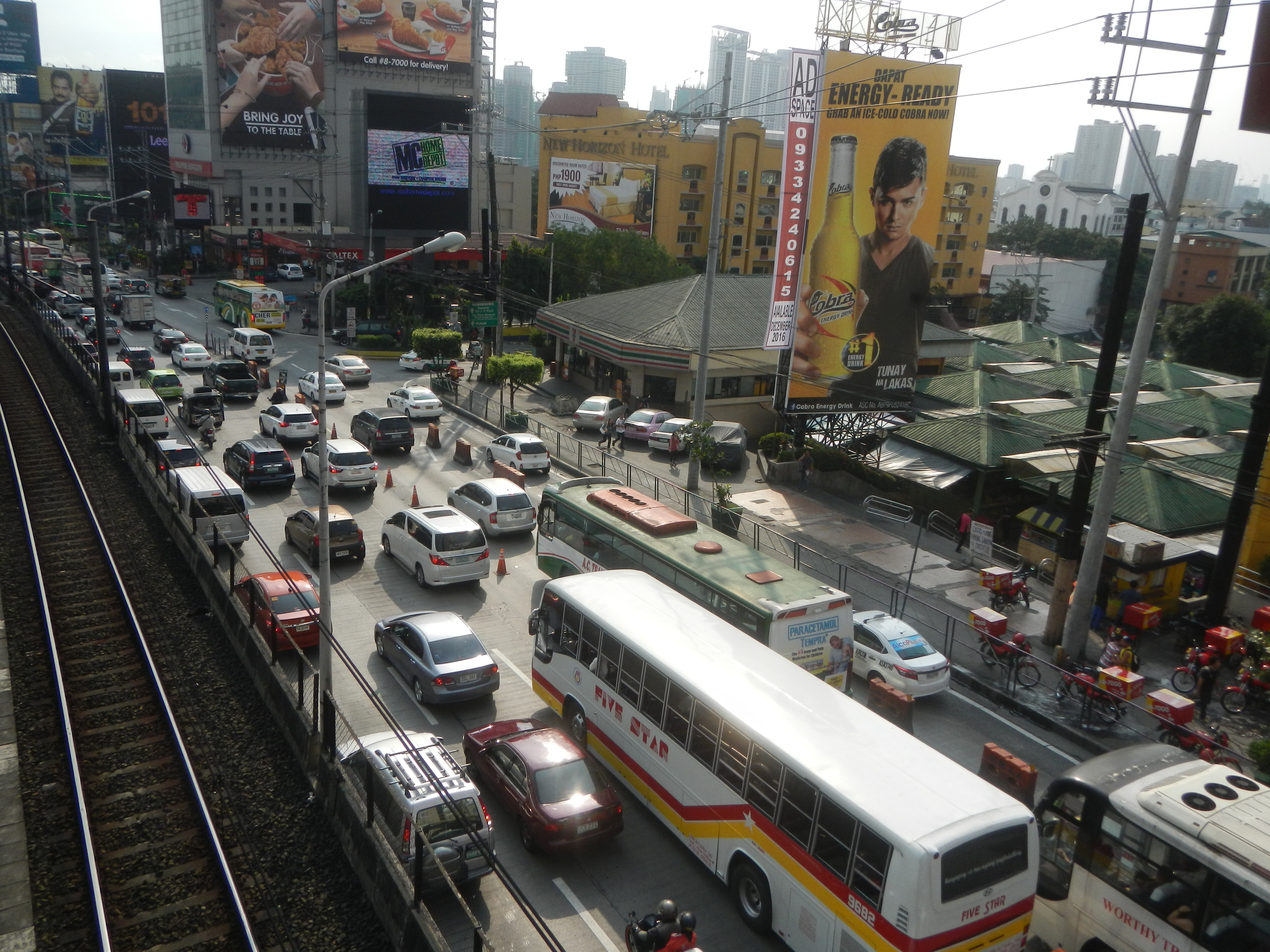Headline
LTFRB: Public transports require passenger contact details for contact tracing in GCQ areas

LTFRB Chairman Martin Delgra III said that all public utility vehicles—buses, jeepneys, tricycles, taxis, and TNVS among others—are ordered to keep a record of their passengers. (File Photo by Judgefloro/Wikimedia Commons, CC0)
The Land Transportation Franchising and Regulatory Board (LTFRB) said on Monday that all public transportation operators are required to obtain their passengers’ contact details once they started to operate again under the general community quarantine (GCQ).
LTFRB Chairman Martin Delgra III said that all public utility vehicles—buses, jeepneys, tricycles, taxis, and TNVS among others—are ordered to keep a record of their passengers.
“Kailangang may manifesto ng pasahero kasama ‘yung mga pangalan, contact number on the part of the bus operator… Hindi lang sa bus ‘yan, kundi sa lahat ng public transport system — jeep, taxi, lahat (There should be a manifesto of passengers that will include their name and contact number on the part of the bus operator… Not just in buses, but all public transport system—jeep, taxi, all public vehicles),” Delgra said during the Laging Handa public briefing.
LTFRB said that the passengers’ details are for possible contact tracing in accordance with the country’s combat against the coronavirus disease 2019 (COVID-19). Delgra said that the bus conductors should handle the record of passengers inside the bus.
The LTFRB also urged passengers to take note of the PUV’s they ride in case contact tracing is needed.
“On the part of passengers, we are requesting and appealing to them na kung pwede maisulat din ‘yung masasakyan ninyo na mga pampublikong sasakyan so just in case, madali na lang i-trace both on the part of operators and on the part of passengers (On the part of passengers, we are requesting and appealing to them to also take note of the public vehicles they ride on just in case, so that tracing will be easier on the part of the operators and passengers),” Delgra added.
Delgra said that they are going to push for cashless payments in taxis and TNVS through online payment systems to help curb the possible transmission of the virus through cash exchange and avoid further physical contact.
“Itong programa na ito hindi na ito bago. Even before this pandemic came in our lives, sinusulong na natin ito as part of our modernization program for public transport. (This program isn’t new. Even before the pandemic came into our lives, we are already urging for this as part of our modernization program for public transport),” Delgra said.
“Ngayon lang naging urgent ang pangangailangan to go cashless kaya pinaigting pa natin ang polisiya for all public transport to go cashless (The need to go cashless in public vehicles just became urgent which is why we are intensifying the implementation of all public transport to go cashless),” he added.
Delgra also said that they are advocating for the implementation of an online booking system for taxis and ride-hailing cars for easier contact tracing. The travel history of the passengers will be stored in the mobile app.
The LTFRB chief warned violating PUV operators and drivers that there will be penalties if they fail to comply with LTFRB’s new memorandum and guidelines.
“Mayroon pong karampatang parusa ‘yan. Unang penalty will be P5,000 per violation, tataas sa P10,000, then P15,000 at aabot sa suspension or cancellation ng prangkisa (There will be punishment for those who will not comply. The first penalty will be P5,000 per violation, then it will increase to P10,000, then P15,000, and then suspension or cancellation of the franchise),” Delgra said, sourcing the regulation from their Joint Administrative Order in 2014.





















